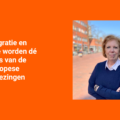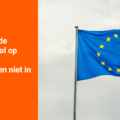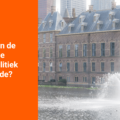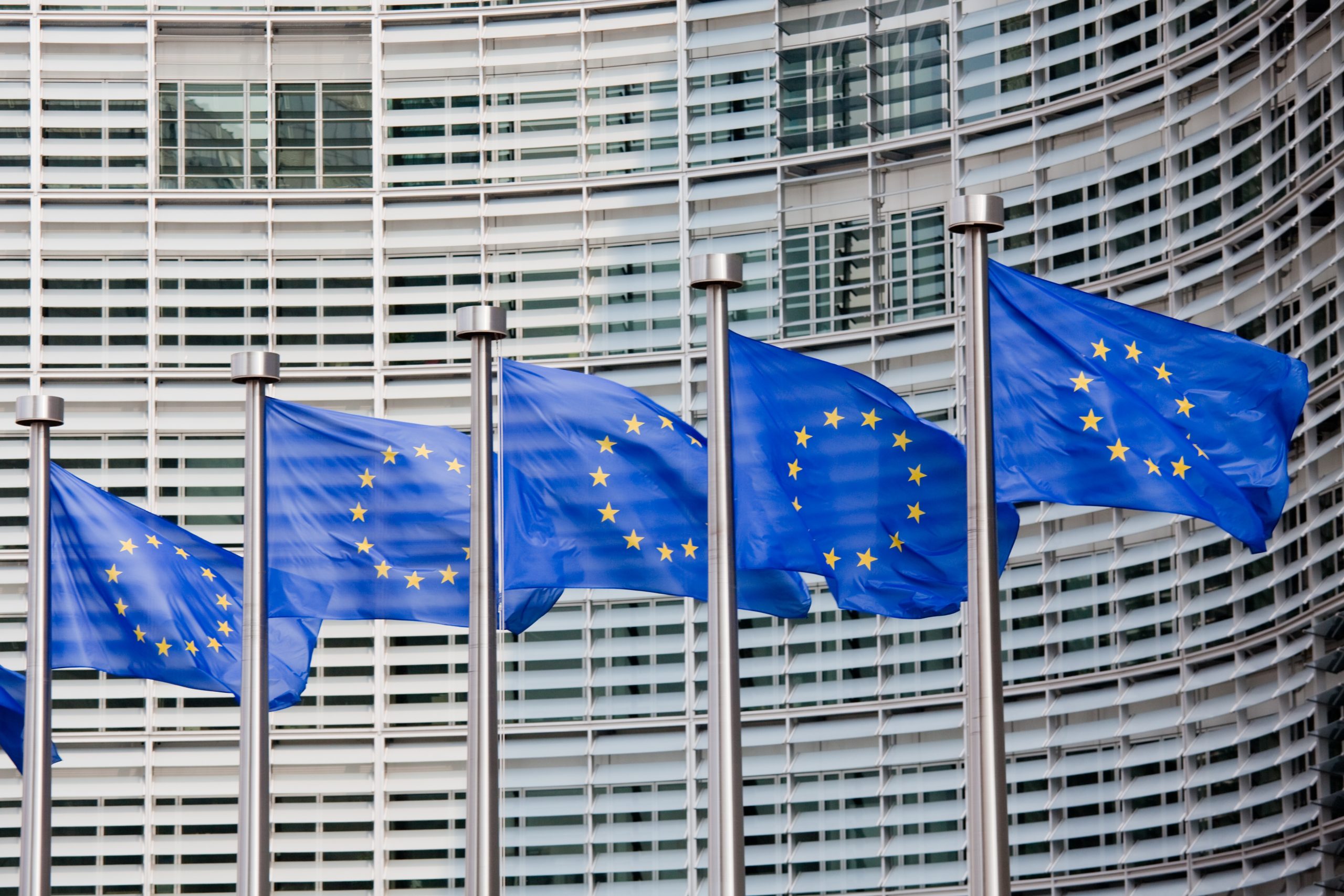
In the run-up to the European Elections on June 6, Dr. Mendeltje van Keulen, lecturer 'Changing role of Europe' at The Hague University of Applied Sciences, insights into the most important issues for the EU and lobbying opportunities for Dutch organizations. Those chances are greater than you might think.
What are the most important issues these elections?
“These are geopolitical in nature: international security is a theme. The war in Ukraine and Gaza. People from Africa and the Middle East are moving to the EU, fleeing conflict or looking for a better future. China is steadily on track to become the world's largest economic power and is buying up ports and other infrastructure in weaker European member states. Europe always leaned on the US for military protection, we got fossil fuel from Russia and cheap stuff from China. But now Europe suddenly has to stand on its own two feet. The impact of this is palpable in the Netherlands. The sanctions packages against Putin have accelerated the transition to green energy, and the Dutch defense industry is running again. The big issue for China is competition. If we want our own industry to be bio-based, how do we deal with Chinese products that are made according to a different standard? If we want to protect our own entrepreneurs, how do we respond to Chinese state support?”
The polls predict a win for the conservative right on June 6. What does a growth of the European Parliament's right flank mean?
“There is a lot going on on the right in parliament. The ECR (European Conservatives and Reformers) faction wants to participate in policy making in Brussels. With Meloni as party leader who cannot do that at all as Prime Minister of Italy, but that is besides the point. The Christian Democrats and Social Democrats must form a majority on every dossier. The question is for the EPP (which includes CDA, BBB and NSC) whether they grant ECR that role. If the European Parliament takes a more right-wing course, this does not mean that standing policies, such as the climate policy in the Green Deal, will suddenly be stopped. Policies that have been approved by the European Parliament and member states and are being implemented cannot be so easily reversed. With a more right-wing parliament, I expect there will be delays in the follow-up packages and implementation. Parts of the transition to clean agriculture have already been withdrawn, such as the legislation on the use of pesticides. You see the current President of the European Commission and leader of the European Christian Democrats, Ursula von der Leyen, already opting for a more conservative policy out of fear of more agricultural protests.”
How radical can a possible change of course be? For example, will the recently adopted CSDDD anti-viewing law be overhauled?
“Removing standing laws is not easy. These have been converted into national legislation by 27 countries and are already in force. With new laws, I expect a complicated trade-off game. A European law consists of hundreds of articles that groups then cancel against each other. As far as the CSDDD is concerned, I cannot imagine that it will be revoked. It is part of the legislation on the Paris climate goals. But with the Migration Pact it may be a different story.”
What can Dutch companies and organizations do if they want to bring their interests to the attention of European officials?
“Brussels runs on content. The EU works in a very structured way in public work programs that vary in time horizon from six months to five years. Policymakers always need input from the field when making this. Especially among representatives of the Netherlands in Brussels, the door is always open to position papers in which the interests of an organization are explained. Brussels is much more accessible than many people think. Next summer will be a crucial period if you want to influence European policy. We know that the contours of the Green Deal were drawn up immediately after the previous elections in 2019. The course will be determined in the coming months.”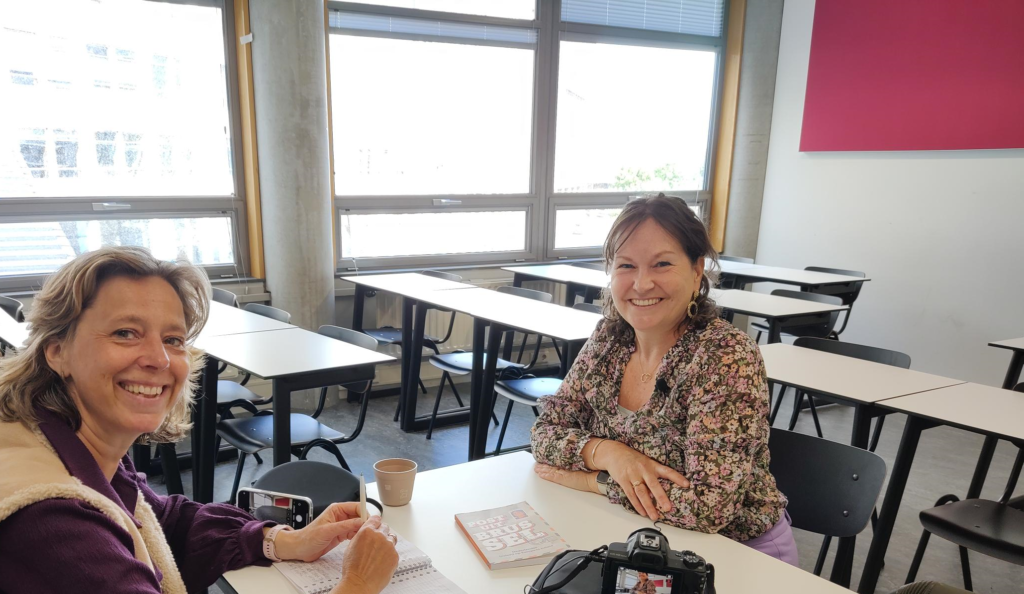
What were the reactions in Brussels to the announced course of the new Dutch government coalition?
'Surprise predominated. Officials said: all member states have something they are against and want an opt-out from, but why do you put a whole list of specific wishes on paper as a government intention? We never actually see that. The fact that the new government parties feel compelled to put this on paper also says something about how communication has taken place in recent years about the position of the Netherlands in Europe. The Netherlands has certainly taken a stand when something had to be done differently in our interests, but the parties, apart from the five-yearly campaigns, do not include the public in their European work. Education also has a role to play in explaining how Europe works and how the Netherlands has influence there.”
About Mendeltje van Keulen
Dr. Mendeltje van Keulen is a lecturer in 'Changing role of Europe' at The Hague University of Applied Sciences and leader of the European Impact Hub research group.


